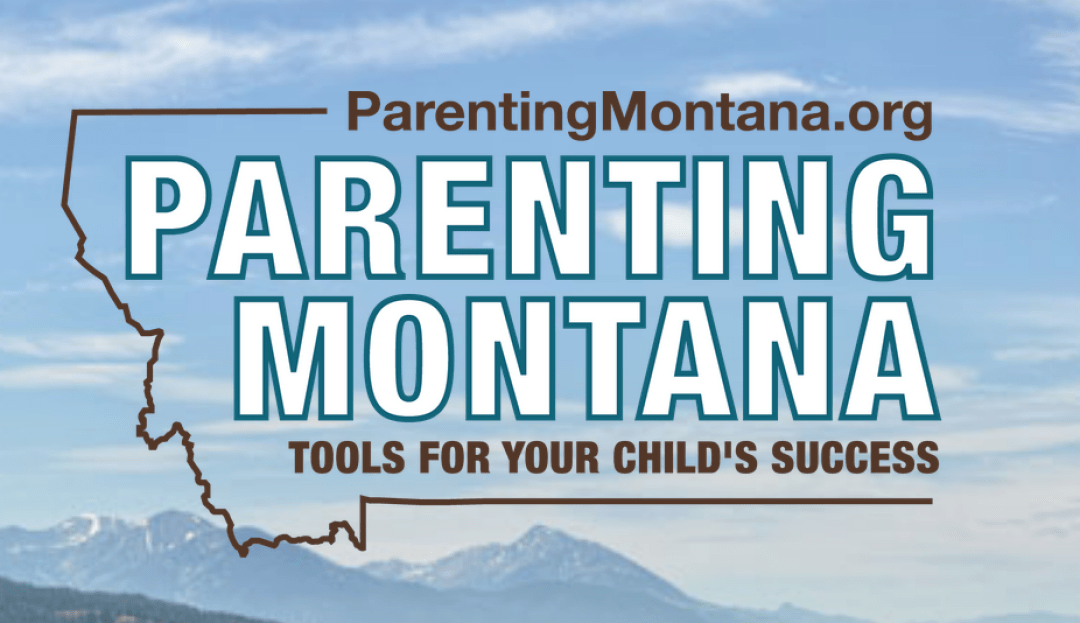MSU develops unique set of resources for Montana parents
Monday Feb. 18th, 2019
When Montana Department of Public Health and Human Services staff members wanted to advance their efforts to curb underage drinking, they knew that parents are the No. 1 influence on whether youth engage in risky behaviors. And they knew they wanted to bring in new expertise and fresh ideas.
"We wanted to make something that would really empower parents to work with their kids in a positive way," said Vicki Turner, director of DPHHS Prevention Resource Center.
That's when they teamed up with Montana State University researchers who specialize in tackling complex social problems. The result, announced by Gov. Steve Bullock on Jan. 23, is a one-of-a-kind suite of online resources that gives parents guidance not only about teenage alcohol use but also the day-to-day challenges that come with parenting children of all ages.
Available at ParentingMontana.org, the tools include step-by-step tips for dealing effectively with a 5-year-old's meltdown, a 13-year-old's back talk and a 17-year-old's chore responsibilities, among other things. The guidance, categorized by age and topic, is grounded in the leading science on childhood development and parenting, according to Turner.
"We're already hearing from other states who are interested (in doing something similar)," Turner said.
MSU's Center for Health and Safety Culture developed the website as well as the associated videos and media campaign. What started for the center as a project focused on underage drinking grew into something more comprehensive after the center conducted a survey of Montana parents in 2017.
According to Center for Health and Safety Culture manager and research scientist Annmarie McMahill, the survey showed some things that wouldn't surprise most Montanans, including widespread support for reducing underage drinking. But the study also showed that many parents struggle with having the kind of daily social and emotional engagement with their child that contributes to dealing effectively with drinking and other risky behaviors.
"If parents can handle the day-to-day challenges in an effective way, then they have a solid platform when the bigger issues come along," McMahill said.
With that understanding, the project broadened, McMahill said. The center and DPHHS saw an opportunity to reduce underage drinking by getting at the root causes. Moreover, the parenting strategies would foster healthy social and emotional development in children, which has been shown to further reduce underage drinking, substance use and suicide, McMahill said.
"This makes Montana a leader in the nation," McMahill said, adding that she is not aware of any other resource like ParentingMontana.org.
Jay Otto, the principal scientist at the Center for Health and Safety Culture, and McMahill were the principal investigators for the project. Both attended the Jan. 23 news conference in Helena where Bullock announced the project.
The Center for Health and Safety Culture will continue to support the project over the next five years. Turner said she is interested to applying a similarly holistic approach to other outreach projects.
"It's been a wonderful partnership," she said.
The Center for Health and Safety Culture, housed in the Western Transportation Institute in MSU's Norm Asbjornson College of Engineering, serves communities and organizations in their efforts to cultivate healthy and safe behaviors and is dedicated to applying research to develop sustainable solutions to complex social problems.
| Tweet |